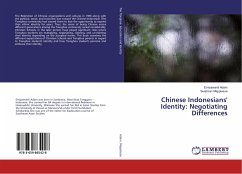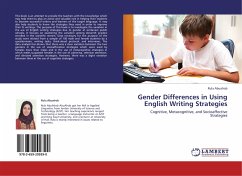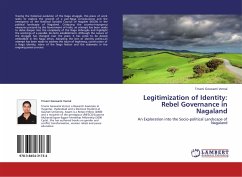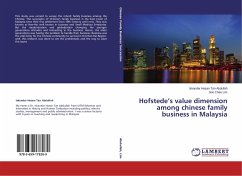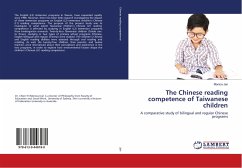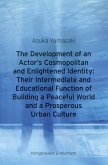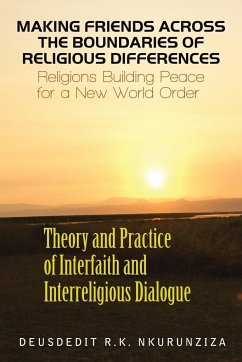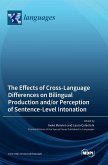The Restriction of Chinese organizations and cultures in 1966 along with the political, social, and economic ban toward the Chinese-Indonesian (The Tionghoa) community had caused them to lose the opportunity to express their ethnic identity for years. Thus, the sense of being Chinese across different generations among the Tionghoa community varied considerably. Christian Schools, in the later period, have played significant roles where Tionghoa students are multiplying, negotiating, claiming, and un-claiming their identity depending on the accepted norms. This book examines the different expectations of Christian Schools and Tionghoa parents in regard to Tionghoa students' identity and how Tionghoa students perceive and embrace their identity.
Bitte wählen Sie Ihr Anliegen aus.
Rechnungen
Retourenschein anfordern
Bestellstatus
Storno

